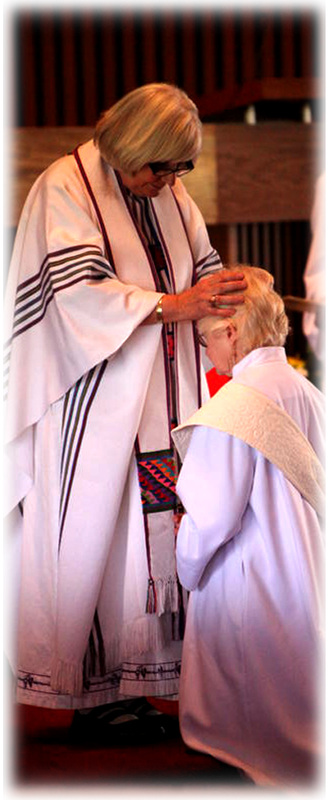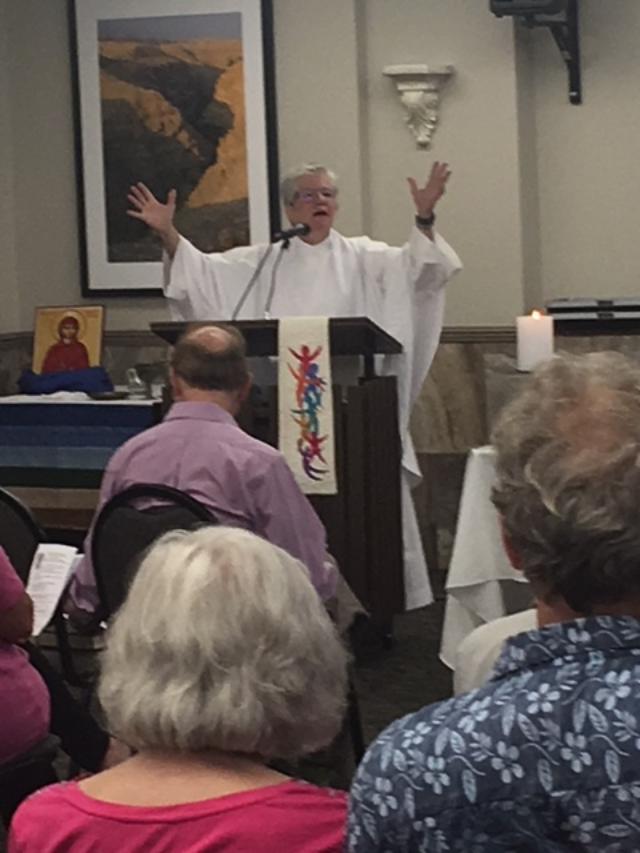Helen Weber-McReynolds
Lent, 3/20/22
Ex 3:1-7, 9-10,13-15; Ps.; Romans 2:1-11;Luke 13:1-9
Helping a child grow up requires a lot of patience. When kids are little, it’s easy to persuade them to do what you want, but as they get older, they need to learn to make their own decisions. This is appropriate and necessary. To learn to become responsible adults, they need to be allowed to make mistakes and then deal with the consequences. Our job as adults is to support them as they go through this process, allowing gradually more independence. It can be frustrating and nerve-wracking to watch children make the wrong choices and then have to help them get themselves out of trouble. It takes a lot of patience. But it’s so worth it, when things work out right, to see them succeed on their own, little by little.
I think this is the idea with today’s gospel. The farmer was impatient and wanted to cut the fig tree down, but the gardener was willing to be patient and let the tree grow. He was willing to support the tree with fertilizer and cultivation, and to give the tree some time to become fruitful. The gardener is like God, like the ultimate patient adult to us. Except, unlike human adults, God never runs out of patience. God always gives us more chances.
Sometimes people make lousy choices and there are truly disastrous consequences, for themselves and for other people as well. That was the other point of this gospel, I think. The people were asking Jesus the same question humans have been debating since ancient times-- does God punish the bad and reward the good? Why do bad things happen to good people? We have been asking ourselves in the past few weeks, why do wars happen? Why do innocent children get bombed in their beds at night? To me, Jesus offered this parable to answer, no, God’s behavior can’t be reduced to any human-contrived formula. Tragedies happen sometimes- sometimes due to selfish, cruel human choices; sometimes due to unjust systems we have constructed; sometimes just randomly. But not because God wills that we experience tragedy. To think that would be, as Paul said in the 2nd reading, to “hold God’s priceless kindness, forbearance, and patience in such low esteem that you are unaware that God’s kindness would lead you to repentance.”
Repentance, conversion-- that is the real point that both Jesus and Paul are making in these passages today. They were emphasizing that ALL need to repent. No one can proclaim themselves on the “good” team and get a pass from repentance because they happen to have had no obvious troubles in their life. The Greek work for conversion, or repentance, that is used in both this Gospel, and in our second reading, is metanoia. Over the centuries, maybe because humans seem to enjoy controlling and punishing one another, repentance seems to have taken on the character of dwelling on our sins, self-punishment, and guilt. But to Jesus and Paul, metanoia meant a change of mind, turning back to God, forming a new relationship with God, and preparing to start a new life. As he was telling this story, Jesus knew that his own experience of God’s love was so profound that it inspired him to try to incorporate the same kind of love into his own relationships. He was trying to help his listeners, and us, to understand God’s love in the same deep way, and experience conversion, metanoia, into more deeply loving people ourselves. As Paul said, God shows no partiality. We all can be more loving. We all have an obligation to mend the world, to remedy unjust human systems and make things more fair for everyone. And God is patiently waiting to help us.
Even Moses was called to metanoia, to conversion. Moses was the greatest prophet and leader in the Hebrew scriptures, but he was not without faults. As we can recall, the reason he was out in the middle of the desert herding sheep was because he had committed a murder back in Egypt, and had run away to escape prosecution. But as we heard in the first reading, while he was in the desert, Moses had some kind of experience of God that he likened to a flame that burned brightly, but without consuming the bush it had caught on. Light and heat, but without destruction. God had great plans for Moses, and the desert gave Moses the space to hear this message from God. He tried to refuse God, but God was very patient with him. “I am slow of tongue and slow of speech,” he said. I can’t speak your word to the people. So God gave him Aaron as a spokesman. “They will never believe that I have heard God speak to me,” Moses told God. So God gave Moses wonderous signs to perform.
Moses in our passage today asked God, “Who are you, so I can tell the people your name?” God’s answer was, “I Am.” “What kind of an answer is that?” we can hear Moses asking himself. A fill-in-the- blank God! Finally, God said, “I am the God of your ancestors, of Sarah and Abraham, of Rebekah and Isaac, of Jacob, Leah, and Rachel.” In other words, I am the God of life, of your family, of the continuity of one generation after another. I am an ever-evolving God. I am love. I am creation. I am forgiveness. I am becoming more and more, as you are, God told Moses. As you can be, as all your people can be. Tell them, come to me, turn back to me, be my people. I will lead you from slavery to liberation, from sin and death to eternal oneness with me, with love itself. Repent, convert, turn around, evolve, grow. My love for you is limitless. Be one with my love.
This Lent, I invite you to find some desert time, to listen to God, to reflect on God’s limitless patience with us, and to turn back. Turn back to God’s love, and incorporate it into your encounters with the people in your life. Start a new relationship with God, and incorporate God’s patience into your relationships. As Spring and Easter approaches, prepare to start a new life, of growth, of compassion, and of love.
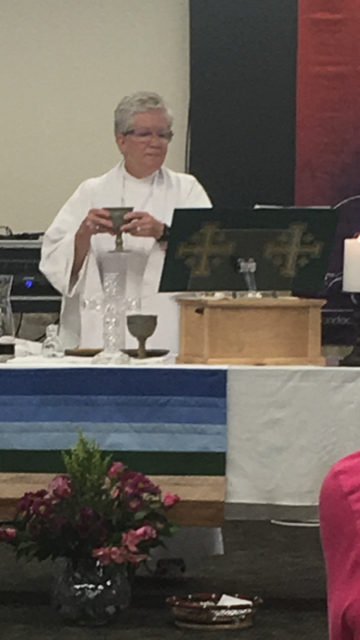
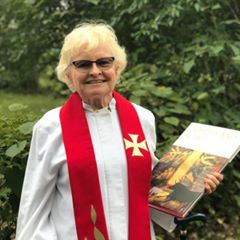
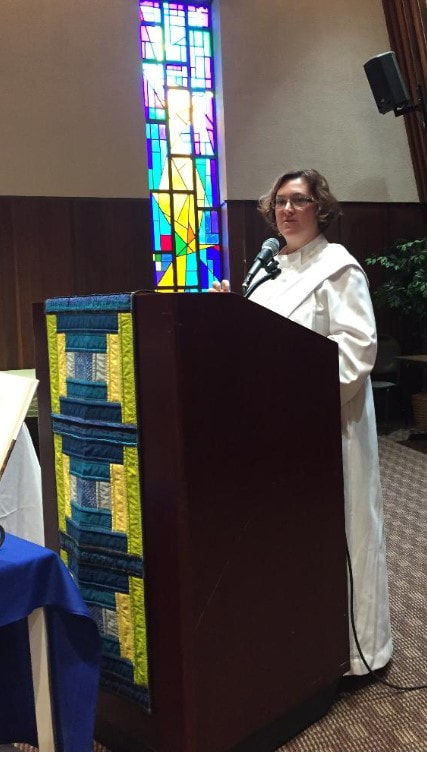
 RSS Feed
RSS Feed
